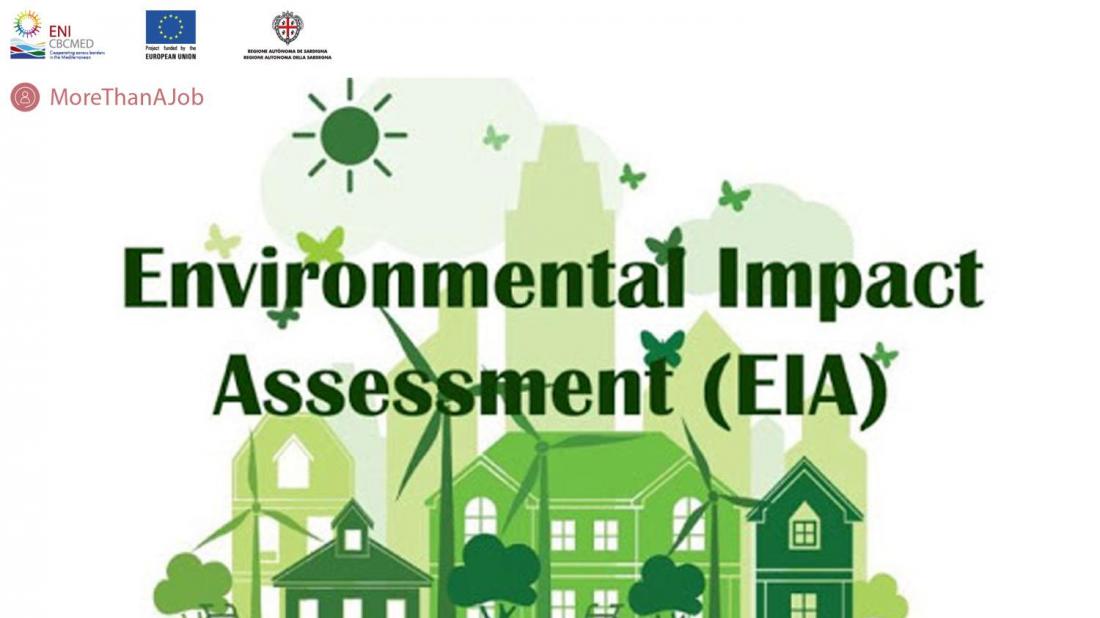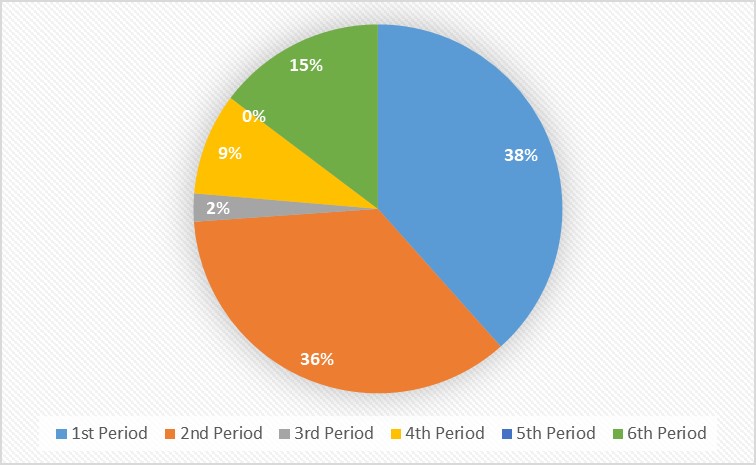MoreThanAJob : évaluation de l'impact environnemental du projet pour le 3ème semestre

Ce contenu est disponible uniquement en anglais
This article presents the monitoring of the greenhouse gas emissions in equivalent units of carbon dioxide (Carbon Footprint) of the “MoreThanAJob” project for its 3rd semester of implementation. In brief, the development of the procedure for calculating the project’s carbon footprint by the Eurotraining Carbon Footprint Team is based on the principles established by the Greenhouse Gas Protocol:
- Principle 1: Materiality
- Principle 2: Completeness
- Principle 3: Consistency
- Principle 4: Transparency
- Principle 5: Accuracy
In order to calculate the project’s carbon footprint in tones of equivalent CO2 the following equation was applied:
CO2 Emissions = (Activity Data) x (Emission factor)
During the 5th Reporting Period (04.09.2020 to 03.12.2020) of the project, no travels or meetings with personal attendance of the project partners took place. All the meetings between the involved project personnel were held online. Therefore, the total Carbon Footprint from travel, events, meetings during the selected Reporting Period is: 0.000 t CO2e
During the 6th Reporting Period (04.12.2020 to 04.03.2020) only one training event took place with personal attendance that also included some local traveling. The event was the Social and Solidarity Economy “SSE” Training Seminar in Jordan that focused on SSE actors.
The Total Carbon Footprint calculation for Travels during the 6th Reporting Period: is estimated as 0.133 t CO2e.
The Total Carbon Footprint of MoreThanAJob project in tons of equivalent carbon dioxide (tCO2e) for the 3rd Semester (04.09/2020 – 03.032021) is 0.925 tCO2e.

Food for thought!
The recent restrictions due to the COVID-19 pandemic have brought forward a series of new practices during project implementation, a clear example is the selection of tools and alternatives like teleconferencing. We would recommend that all partners should keep such practices for the future to the extent they make wise use of them and the project’s sound implementation is not at risk.
A new study conducted by researchers from Purdue University, Yale University, and the Massachusetts Institute of Technology, says that despite a record drop in global carbon emissions in 2020, a pandemic-driven shift to remote work and more at-home entertainment still presents significant environmental impact due to how internet data is stored and transferred around the world. The findings are published in the journal Resources, Conservation & Recycling.
Therefore, a very important tips for reducing the carbon footprint of upcoming online events is to inform the participants to minimize the use of the web camera of their devices during the training session.







